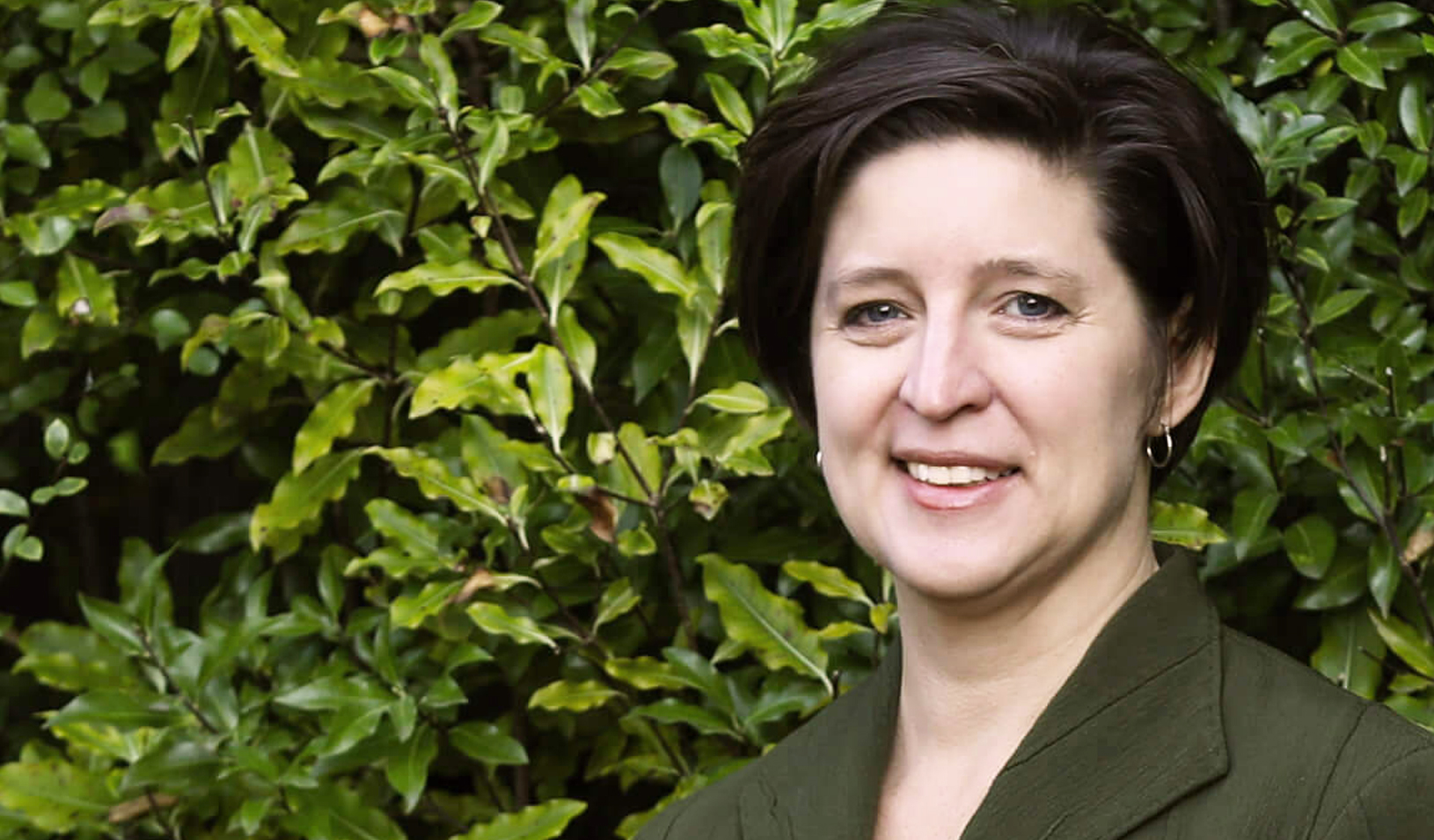Inside a Government Where People Are Paid to Vote
An experiment in digital democracy explores ways to reward political participation. Could it work offline?
November 17, 2023

The Optimism blockchain gave out nearly $28 million worth of tokens to encourage users to get involved in its governance. | iStock/dickcraft/Cory Hall
Pundits and activists complain about how hard it is to get Americans to cast ballots in elections. Voting rates in the U.S. chronically hover at 50% or lower for midterm congressional elections — far below the participation rate in many other democracies.
Yet that’s nothing compared to the disengagement of online constituents. When big tech companies have offered users a say in decision-making, they’ve often been met with stubbornly anemic participation.
Democratizing technology is “actually super-hard to do,” says Andrew B. Hall, a professor of political economy at Stanford Graduate School of Business. In a world where tech consumers have grown accustomed to convenience and instant gratification, it’s difficult to get them to take the time to participate in a forum or cast votes.
“With the rise of the big social media platforms, we’ve had these huge debates over what the rules should be about who can say what,” Hall explains. “Through that learning period, I think people learned that whatever the correct answers were, it didn’t seem right to have these very large companies deciding very consequential decisions for society without a lot of societal input.”
Some big-name companies have responded to those concerns by looking for ways to give users more power to decide what guardrails are being put around their products. Meta, the parent company of Facebook, has launched a community forum on generative AI to bring users together to learn about the technology and share recommendations. OpenAI, the creator of ChatGPT, is funding experiments in setting up a democratic process for deciding what rules its artificial intelligence systems should follow. The AI startup Anthropic recently ran a “public input process” in which approximately 1,000 participants drafted a constitution for one of its AI systems.
An Online Laboratory of Democracy
Hall, who studies systems of democratic governance and how to make them more effective, notes that these efforts aren’t new. “Back in the day — 2009, which is like a century ago in internet years — Facebook rolled out a new version of its community standards, which some people really didn’t like,” he says. In response to that backlash, Facebook said it would work with its critics to develop an alternative version, which it would then put up for a vote against the original proposal. “That, you know, was a pretty creative idea,” Hall says. The problem was that hardly any users chose to cast votes, and Facebook’s plan won.
When the company held its second global governance vote in 2012, just 0.038% of its 900 million-plus global users participated. “If you’re a user of Facebook, you’re there because you want to see what your friends are up to,” Hall says. “It’s passive consumption time. You’re not there to do the hard work of weighing in on a tough governance decision.”
The challenge of getting a sizable portion of an app’s user base to participate creates another problem for online democracy, according to Hall. The people who are willing to do the work may turn out to be political extremists, who’ve been known to volunteer to moderate online forums so they can push them toward their fringe ideologies. “This problem of low participation, and then capture by extremists, is very, very common in online governance,” Hall says.
Hall says there may be an answer for boosting participation in online democracy — providing rewards to users who get (and stay) involved.
In a new paper co-authored with Eliza R. Oak, a PhD candidate at Yale University, Hall studied the governance of Optimism, a startup that creates applications that improve the efficiency of transactions on the Ethereum blockchain platform. “Lots of people are using Optimism,” Hall says. “It’s super-popular right now.” In what Hall and Oak believe to be the first study of its kind, they approach the project as “a novel laboratory for studying governance.”
Optimism is part of web3, a new phase of the internet based upon blockchains where ownership is distributed among users, builders, and operators via digital tokens. Web3 projects generally are governed by a decentralized autonomous organization, or DAO, whose “constitution” is written into the project’s source code.
The Optimism DAO is set up like a two-house legislature. There’s the Token House, where the number of OP tokens a user owns determines the number of votes they’re allotted. There’s also the Citizens’ House, which is based upon individual online identities and gives one vote to each person. The two bodies determine how Optimism’s treasury of $4 billion worth of tokens is spent, as well as protocol upgrades and code of conduct violations.
The DAO of Participation
To ensure that apathy doesn’t undermine the system, token holders who don’t care to participate in governing can choose a delegate to represent them. “That’s core to their governance design — the hypothesis that most people don’t want to vote,” Hall says. “But maybe if people delegate, the delegates will vote at a reasonably high rate.”
To encourage users to pick a proxy who is actively involved in the DAO, Optimism pays them to do so. To keep them from doing it only when tokens are being given out, Optimism gives out the rewards over time and doesn’t reveal in advance when its “airdrops” are coming.
“Users don’t know in advance exactly what behaviors will be rewarded,” Hall explains. “So far, the act of delegating your tokens has been the main thing rewarded, but in the future it could expand to include other governance actions, like making a proposal, making a comment on a proposal, and so on.” The ethos, he says, is “You just need to trust us that we’re going to reward you, and then act like a good citizen.”
Hall and Oak looked at what happened when Optimism distributed nearly $28 million worth of tokens to more than 300,000 users to spur political participation. They found that the scheme succeeded in boosting participation in its online democracy, particularly among smaller token holders. Hall cautions that it will take more time to see whether Optimism can achieve higher participation rates than other web3 projects.
Still, Hall describes Optimism’s system as a “proof of concept that you can create a reward system for online voting where the rewards are in the form of digital tokens.” He thinks a similar approach would have considerable advantages over the big tech companies’ experiments in online democracy, which involve recruiting users to deliberate and make recommendations. “I think OpenAI, Meta, Anthropic, or other AI companies could definitely explore a program like this,” Hall says. “They could do so without risking harm to their business by focusing only on giving over power over societally consequential decisions that aren’t core to the business.”
Could such an approach improve participation in offline democracy? While previous research indicates that simply paying people to vote probably wouldn’t have much effect on turnout, Hall thinks that a sequence of rewards for participation in various parts of the process might prove more effective. Instead of cash, he says, the rewards could be shares in an index fund. “Then you would feel like your reward for voting is that you have some stake in the performance of the American economy,” Hall says.
He notes a recent study in which he found that when people buy a house, they tend to vote more in local elections. “You have an ownership stake in your local community, both economic and otherwise. So I think that improving participation by rewarding people in ways that give them that sense of having a stake is a pretty interesting idea.”
For media inquiries, visit the Newsroom.
Explore More

When Social Media and Political Speech Collide

The Spy Who Came in from the Code



